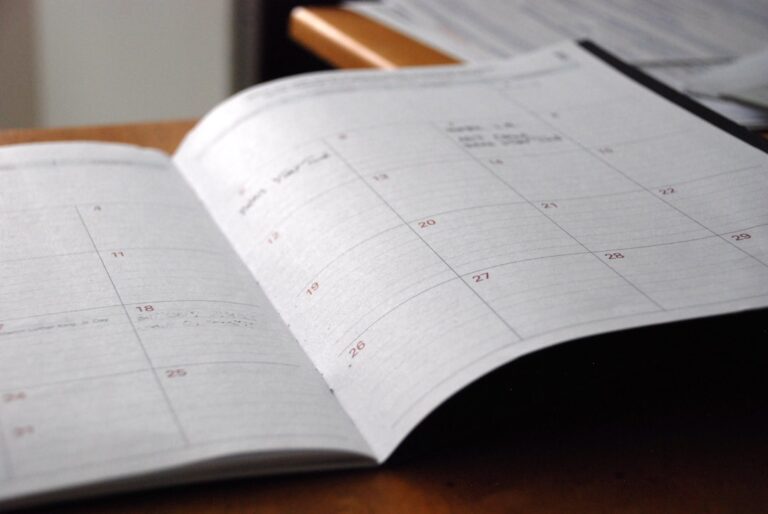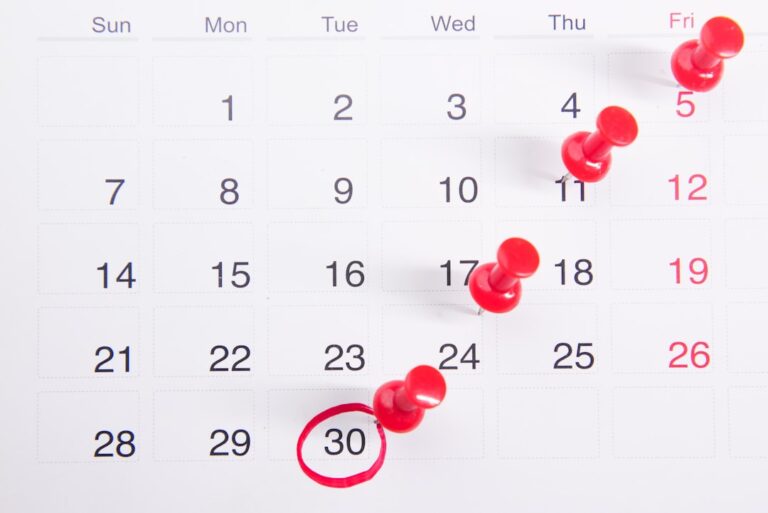
Ever feel like you’re constantly running but getting nowhere?
I know that feeling. For years I felt like my days just disappeared. I was stuck in cycles of gaming binge eating and pure laziness. Time wasn't my friend. It was something I wasted. It took a lot to turn things around. I had to shed over 110 pounds and more importantly shed those destructive habits that kept me feeling stuck and overwhelmed.
Learning to manage my time wasn't about magically finding more hours in the day. It was about making the hours I had truly count. It's not about complicated systems or trendy apps. It's about simple effective strategies that you can actually stick with. If I can go from feeling completely out of control to building a life with purpose and productivity believe me you can too. Let's explore some techniques that really helped me. I believe they can help you reclaim your time and energy.
Here are 10 techniques that made a real difference for me:
-
Know Your Priorities (The Big Picture)
Before you can manage your time effectively you need to know what you’re managing it for. What truly matters to you? Your big goals your core values your faith. When I started to seriously consider my life I realized that strengthening my Christian Orthodox faith and building a genuinely healthy lifestyle were my anchors. This understanding became my compass. It helped me decide where my precious time and energy were best spent and what I could let go of. Take some quiet time. Think about what you want your life to stand for. This clarity is the foundation of good time management.
-
Plan Your Day (The Night Before)
Waking up without a plan is like setting sail without a map. You’ll drift. You’ll react to whatever comes your way instead of proactively shaping your day. I find that spending just 10-15 minutes each evening to outline my top 3-5 most important tasks for the next day makes a huge difference. This simple habit creates focus from the moment I wake up. I already know what needs doing.
-
Tackle the Toughest Task First
You know that one task on your list you’re dreading? The one you keep pushing off? That’s probably the one you should do first. There's an old saying about "eating the frog" first thing in the morning. Once you get that difficult or unpleasant task out of the way you’ll feel a huge sense of accomplishment. This positive momentum can power you through the rest of your day. Plus everything else feels easier in comparison.
-
Use Focused Work Bursts
Our brains aren't designed for hours and hours of non-stop deep concentration. We get tired. We get distracted. Short focused sprints of work followed by brief breaks are often much more effective. I discovered that working in focused blocks of say 25-45 minutes then taking a 5-10 minute break to stretch or walk around helped me immensely. I found that 2 to 4 hours of this kind of deep work was far more productive than trying to grind for 8 hours while feeling distracted and drained. This was a game-changer for me in overcoming my gaming addiction. I learned to channel that intense focus I once had for games into productive tasks instead.
-
Block Out Your Time
If it’s not scheduled it often doesn’t happen. This is true for work projects but also for personal well-being. Treat your important tasks like appointments you can't miss. Assign specific blocks of time in your calendar for your key tasks projects exercise prayer and even essential breaks. Seeing it written down creates a visual commitment and helps you protect that time.
-
Minimize Distractions
We live in a world full of distractions. Phone notifications social media alerts the constant temptation to check just one more thing. These are major time thieves. When you need to focus be intentional about creating a distraction-free zone. Turn off phone notifications. Close unnecessary tabs on your computer. Maybe even work in a different location if your usual spot is too noisy. I designate specific times to check email or social media rather than constantly reacting to every ping.
-
Batch Similar Tasks
Constantly switching between different types of tasks (like writing an email then making a phone call then working on a report) drains mental energy. Your brain has to keep re-adjusting. Try grouping similar activities together. For example answer all your emails in one dedicated block of time. Run all your errands in one trip. Make all your necessary phone calls back-to-back. This helps maintain focus and improves efficiency.
-
Learn to Say No
This can be a tough one especially if you're a people-pleaser. But your time and energy are finite resources. You don't have to agree to every request every invitation or every new opportunity that comes your way. It’s okay to politely decline things that don't align with your core priorities or would overextend you. Learning to say "no" graciously was hard for me at first but it was crucial for protecting the time I needed for what truly mattered.
-
Schedule Downtime and Rest
You are not a machine. You cannot be "on" 24/7. Rest is not a luxury. It is absolutely essential for sustained productivity mental clarity and overall well-being. A tired mind simply cannot manage time effectively or make good decisions. Intentionally schedule breaks throughout your workday. Get adequate sleep each night. Make time for activities that recharge you. This isn't wasted time. It’s an investment in your ability to perform well.
-
Review and Adjust Regularly
What works for you today might not work perfectly next month or next year. Life changes. Your responsibilities shift. Your priorities might even evolve. So your time management system needs to be flexible. At the end of each week take 15-30 minutes to look back. What worked well? What didn’t? What obstacles did you face? How can you adjust your approach for the coming week to be more effective? And don’t forget to celebrate your small wins here. Acknowledging your progress no matter how small builds momentum and keeps you motivated. Remembering how far I'd come with my 110-pound weight loss by celebrating small victories along the way really kept me going. The same principle applies to mastering your time.
Managing your time effectively isn't about becoming a robot or squeezing every last second out of your day. It’s about creating space for what truly matters. It’s about living a more intentional and fulfilling life a life with purpose and peace. This is a journey not a destination. I still have days where I slip up or get off track. We all do. The key is to extend grace to yourself and gently get back on course.
What’s one small change from this list that you feel you can try this week to manage your time a little better? Just pick one. Start there. You’ve got this.





